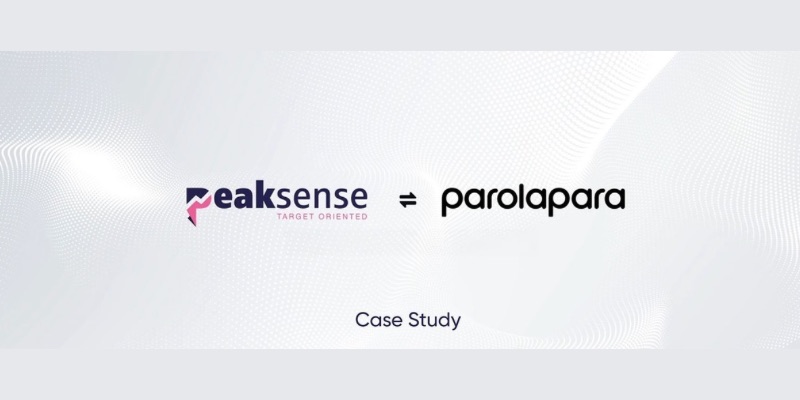How Ethical Hackers Can Strengthen Security Without Joining Your Team
May 9, 2025, 4 min read
There’s a limit to how much your team can see from the inside. Familiarity with your systems is a strength, but also creates blind spots. It’s easy to assume something is secure just because it hasn’t caused problems yet. That’s where ethical hackers come in, and no, they don’t need to be on your team to add value.
These independent professionals think like intruders. They don’t rely on assumptions. They test everything, poke around where you wouldn’t, and find issues no one else thought to look for. That kind of insight is hard to get from within your own walls.
In this article, you’ll learn how outside ethical hackers can quietly and effectively tighten your security without becoming a part of your organization.
What They Do From the Outside
Ethical hackers, also known as white-hat hackers, think like attackers. That’s their superpower. They try to break into your systems just like a real threat actor would. However, instead of stealing data or causing damage, they tell you exactly how they did it. More importantly, they show you how to stop it from happening again.
The value here isn’t just in the report. It’s from the perspective. Internal teams tend to develop tunnel vision. They get used to certain configurations, rely on routine, and sometimes overlook basic flaws because they’ve seen the same environment for years. An outsider brings a fresh set of eyes. If that outsider is a professional ethical hacker, they’re not just looking. They’re probing, exploiting, and documenting everything they find.
Working With The Right Professionals
Not all ethical hackers work the same way. Some focus on network security. Others specialize in web application testing. Then there are those with advanced skills in social engineering, mobile access, or account-specific work. So, choosing the right expert really depends on what kind of help you need.
Platforms such as HireHacker.co help you connect with professionals who handle more specific and high-demand tasks, like legally requested access to phones or social media accounts. These are sensitive jobs that require precision and a deep understanding of both tools and context. It’s not something every generalist can deliver well.
Since the work is project-based, you stay in control. You can get highly specialized support without committing to long-term hires or stretched resources.
Not Just Testing, But Teaching
Here’s something most people don’t expect. A good ethical hacker doesn’t just find flaws. They explain them in plain language. They’ll walk your team through what was exploited, why it worked, and how it can be fixed.
That kind of feedback can actually make your internal security team stronger. Over time, you’ll notice fewer recurring issues because your staff starts thinking more like attackers too.
Some ethical hackers even help you build better response procedures. If they simulate a breach and your systems or people don’t respond fast enough, they’ll point that out. These aren’t just vulnerability assessments. They’re practical lessons wrapped into real-world tests.
Compliance Isn’t Security
One thing ethical hackers are great at showing you is that passing compliance checks doesn’t mean you’re secure. You can tick every box on a regulatory form and still have wide-open holes an attacker could stroll through.
This happens because most regulations focus on documentation and best practices rather than actual resilience. An ethical hacker will cut through the red tape and show you what would really happen if someone with bad intentions targeted your systems.
The Gray Area They Catch
Sometimes, it’s not about obvious flaws. It’s about edge cases. These are issues that technically aren’t misconfigured but could be abused in a certain sequence. That’s the kind of nuance only a human tester will catch.
Automated tools won’t think that way. They don’t chain together multiple small issues into one big problem. Ethical hackers do. And that’s the kind of insight that can stop a breach before it ever happens.
Trust Without Control
It might feel strange giving someone access to test your systems when they’re not your employee. However, the entire field of ethical hacking is built on trust and reputation. You set clear boundaries, define the scope, and agree on deliverables.
These professionals operate under strict codes. Most have legal agreements in place. Many carry liability insurance, just like any other consultant. Their entire job depends on staying professional, ethical, and transparent.
If you’re still unsure, you can start small. Run a limited test. See how it goes. There’s no need to commit to anything beyond what makes sense for your company’s comfort level.
To Sum It All Up
Bringing in an ethical hacker from the outside isn’t about replacing your team. It’s about reinforcing it. It’s another layer of protection. A way to keep assumptions in check and spot blind spots before someone else does. You don’t need to build a giant security department to be secure. Sometimes, all it takes is the right person to ask the right questions at the right moment.




























